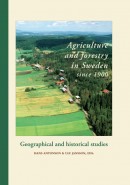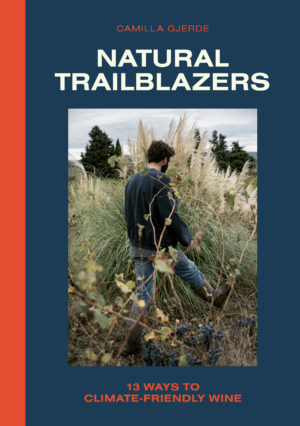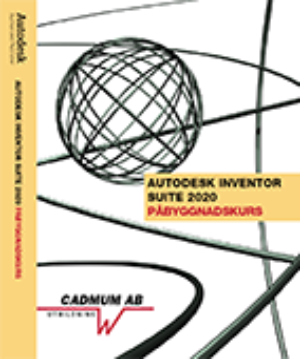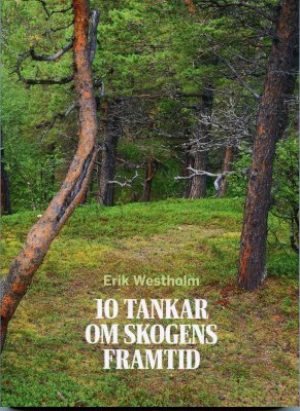
Agriculture and forestry in Sweden since 1900. Geographical and historical studies
Agriculture and forestry in Sweden since 1900. Geographical and historical studies
The transformation process included an increasingly intensive modernisation, clearly manifested by the drift from the land and by the increasing dependence of farming and forestry on international conditions.
The contributing authors are a multidisciplinary team composed of historians, geographers, historians of ideas, and agrarian and forestry researchers, each addressing their specialist fi elds. Through their articles we can, for example, trace changes in land use and property structure, the transformation of milk production and reindeer husbandry, the development of forestry work and forest ownership, ways in which government has controlled and stimulated certain aspects and activities, and the growth of environmental awareness in agriculture and forestry during the closing years of the 20th century.
The articles in the anthology, which are profusely illustrated, set out to describe the entire century and show the footprints and impact of agriculture and forestry on the Swedish landscape. That impact and its history are analysed in both a local and an overarching perspective, thus deepening our understanding of past and ongoing changes in the spatial environment.
This book is addressed to researchers in many different disciplines, to policy-makers/administrators/planners, offering them a scientifi c foundation for their present and future work, and to teachers and people actively involved in agriculture and forestry.
This anthology can very well be read conjointly with an atlas which has been published as part of the same project. The atlas, which is a volume of the Swedish National Atlas, is entitled Agriculture and Forestry in Sweden since 1900. A Cartographical Description. It contains a large number of maps, charts and illustrations describing the development of agriculture and forestry over the past century.






